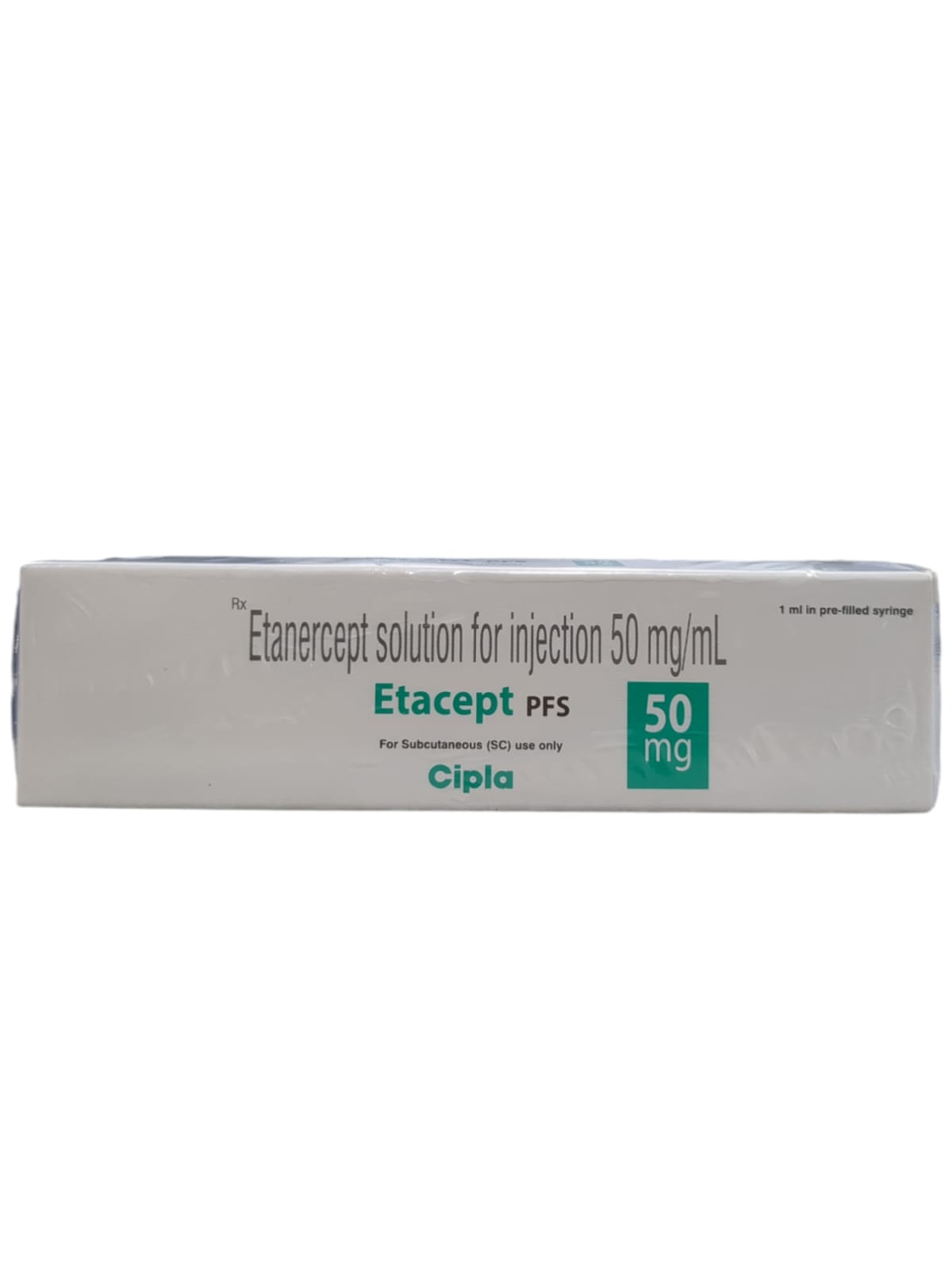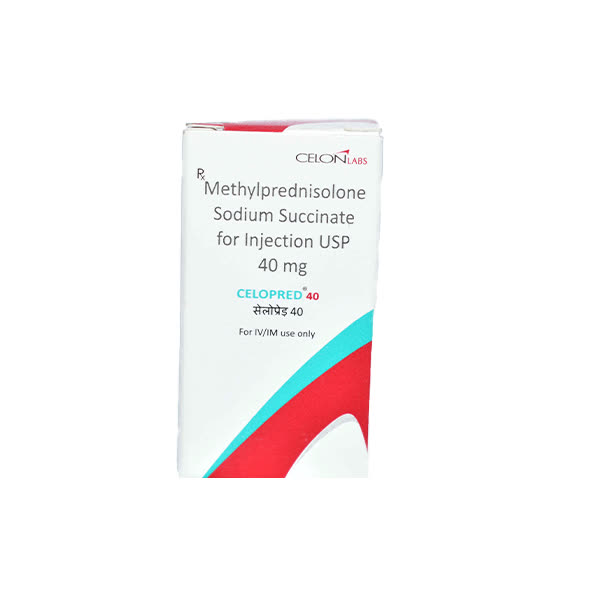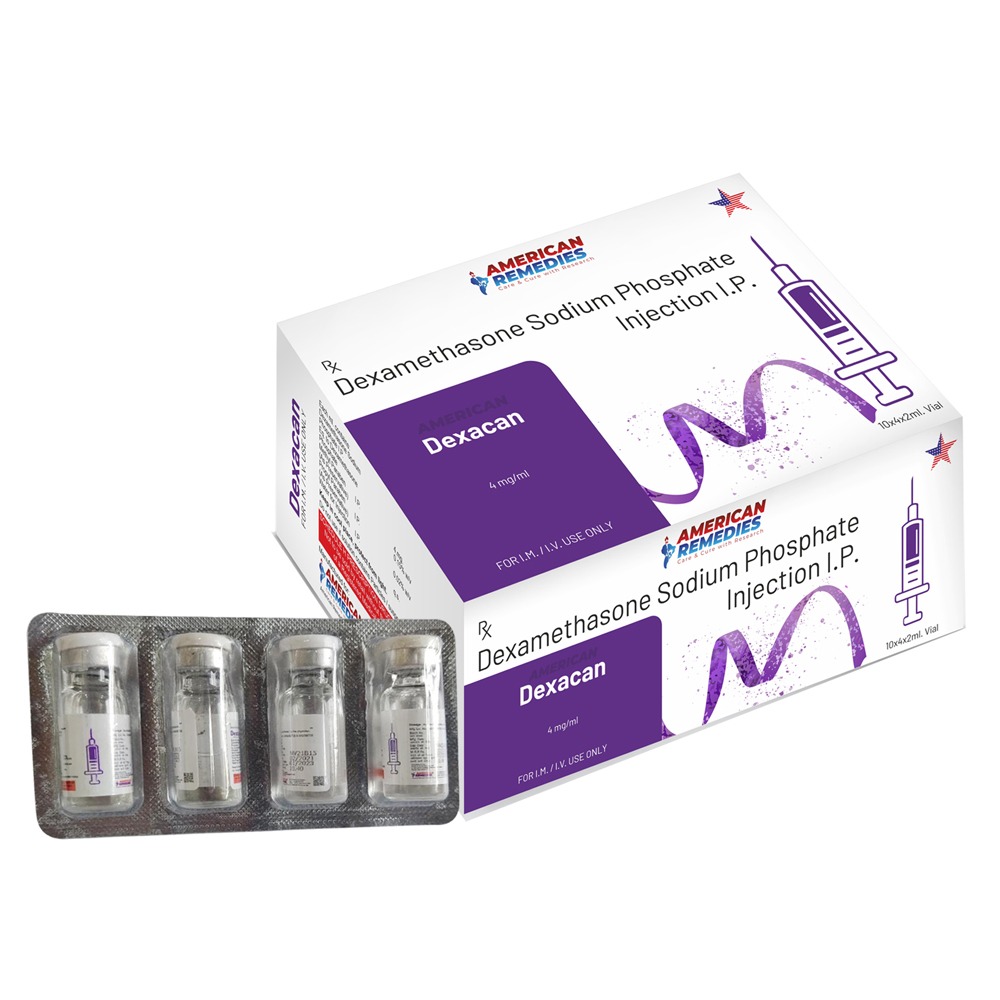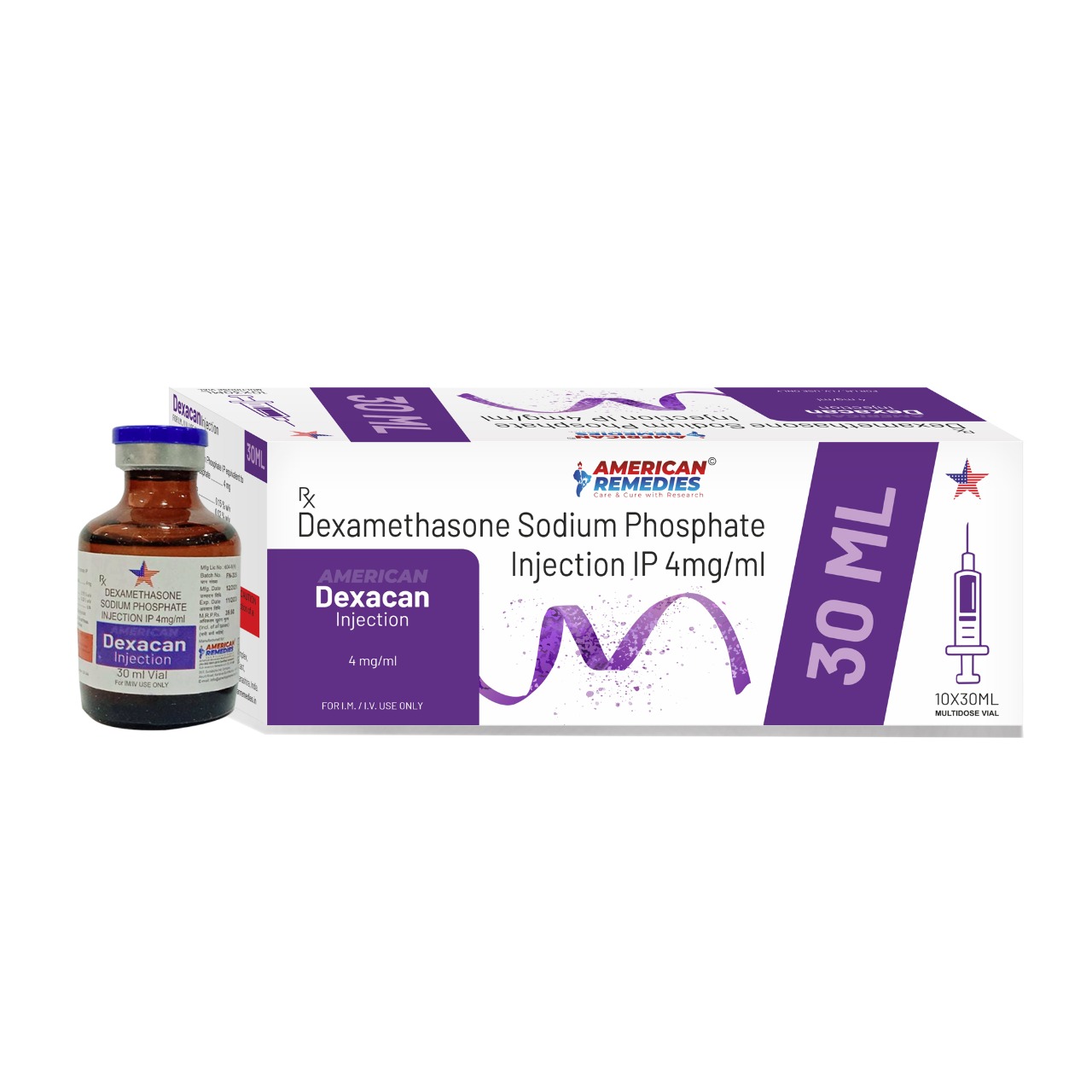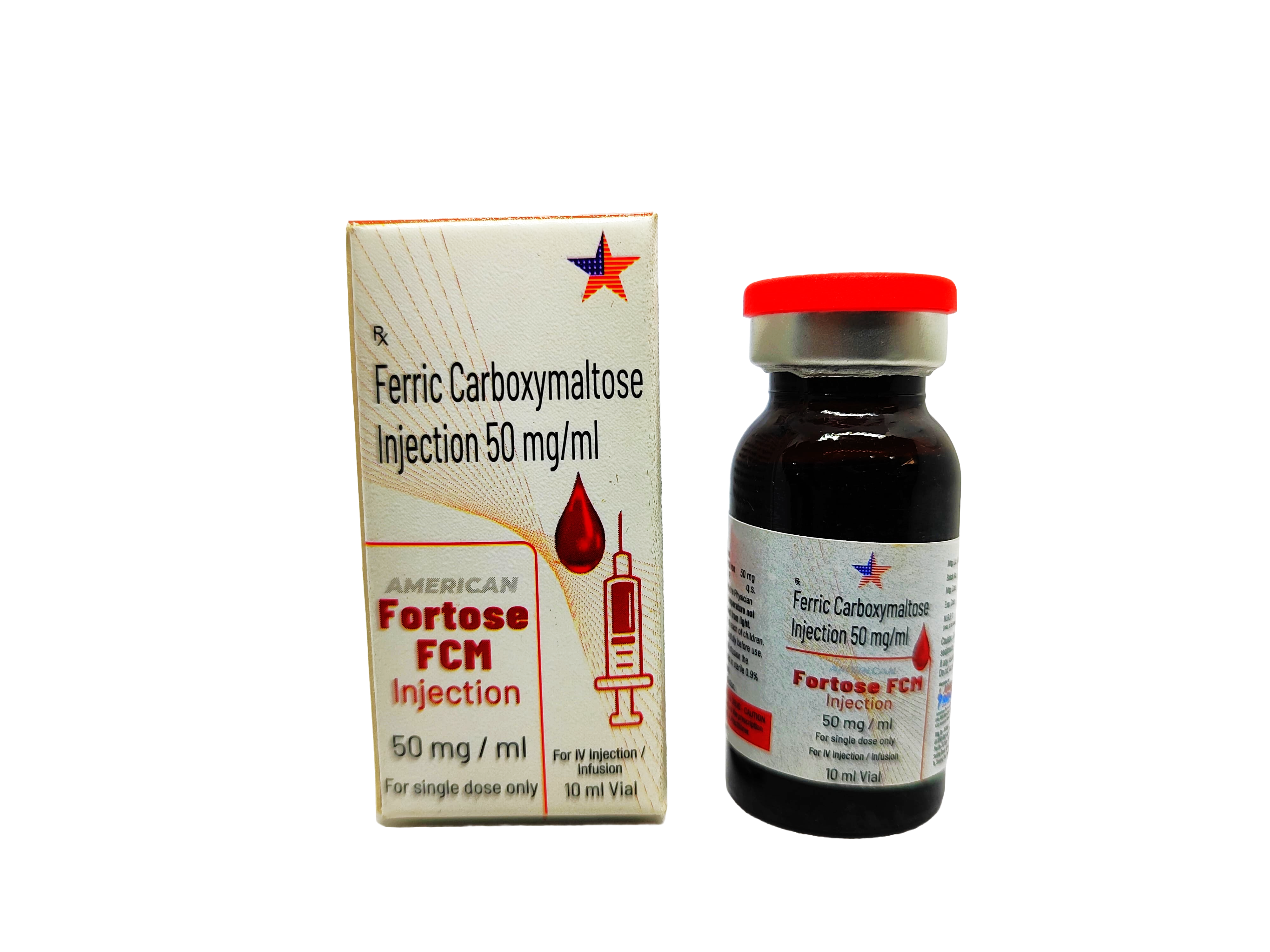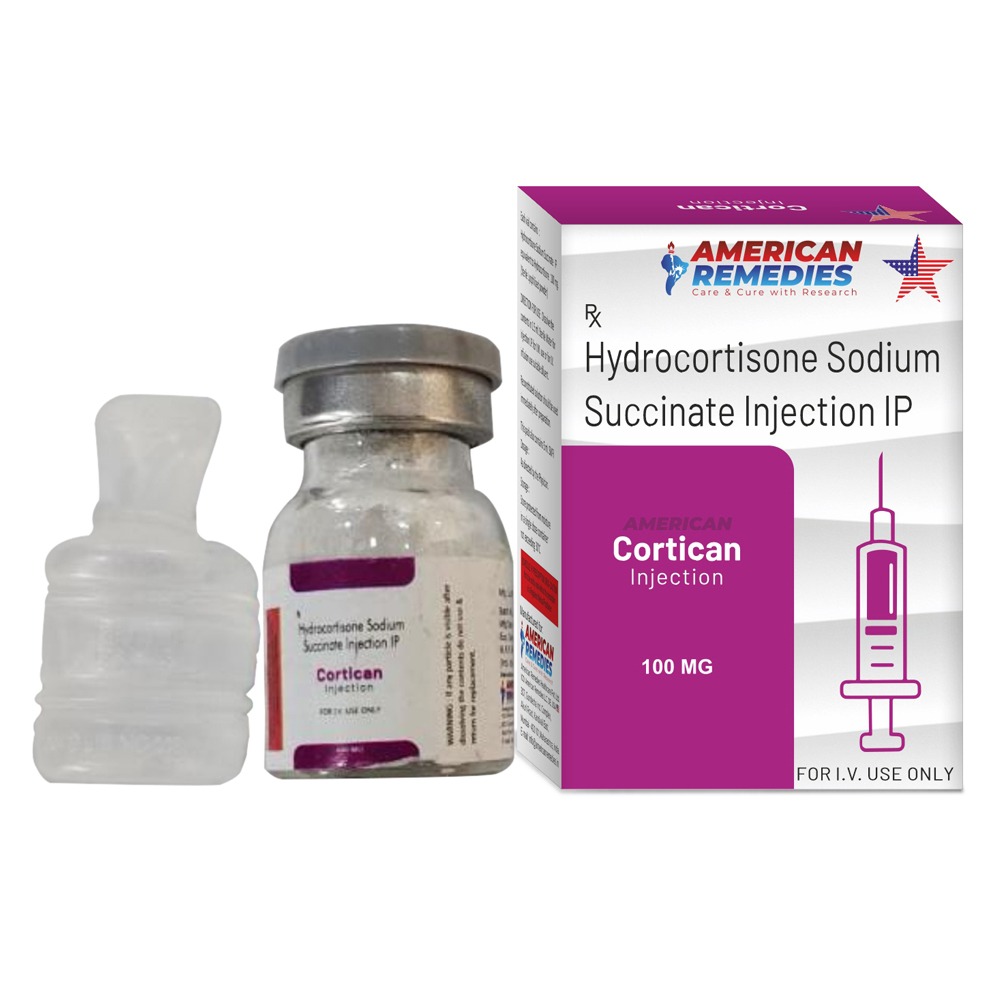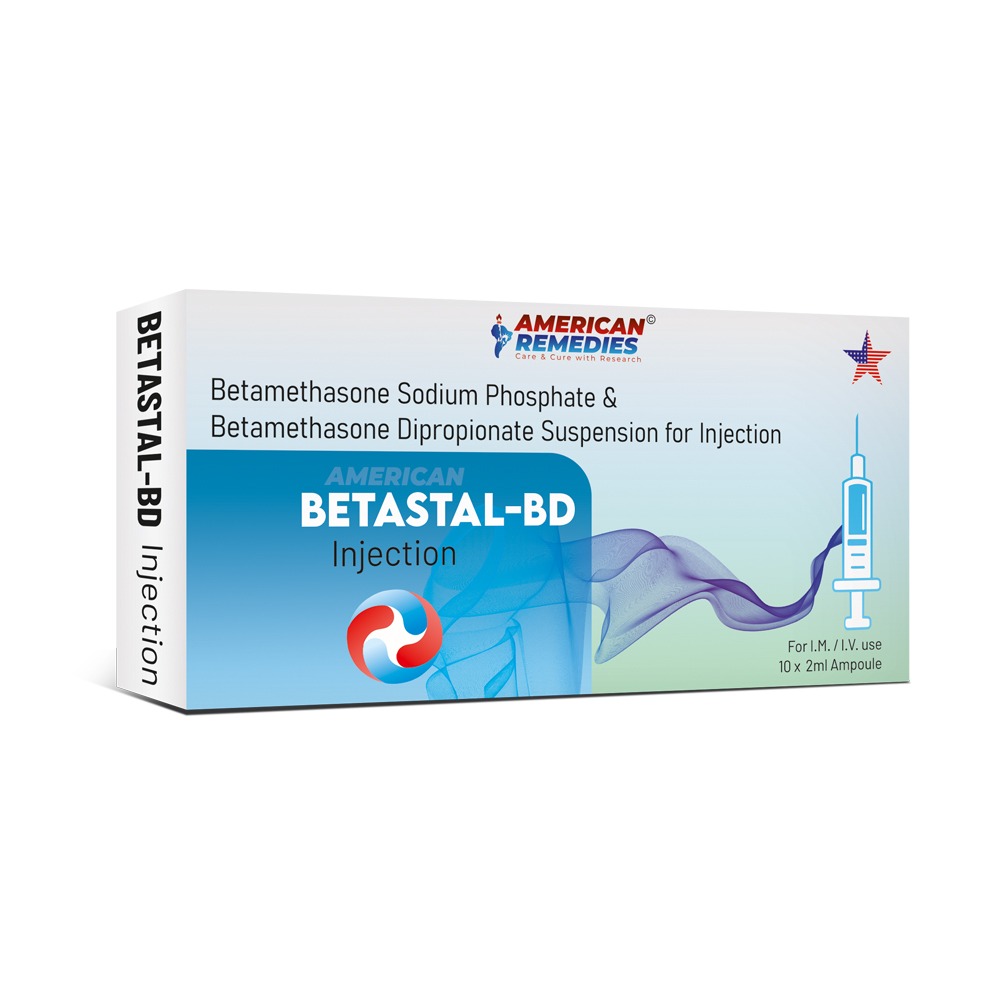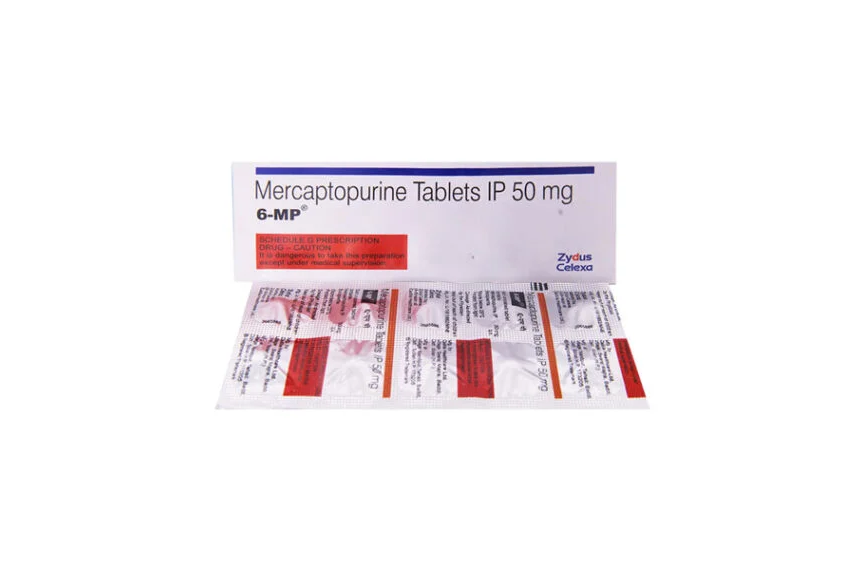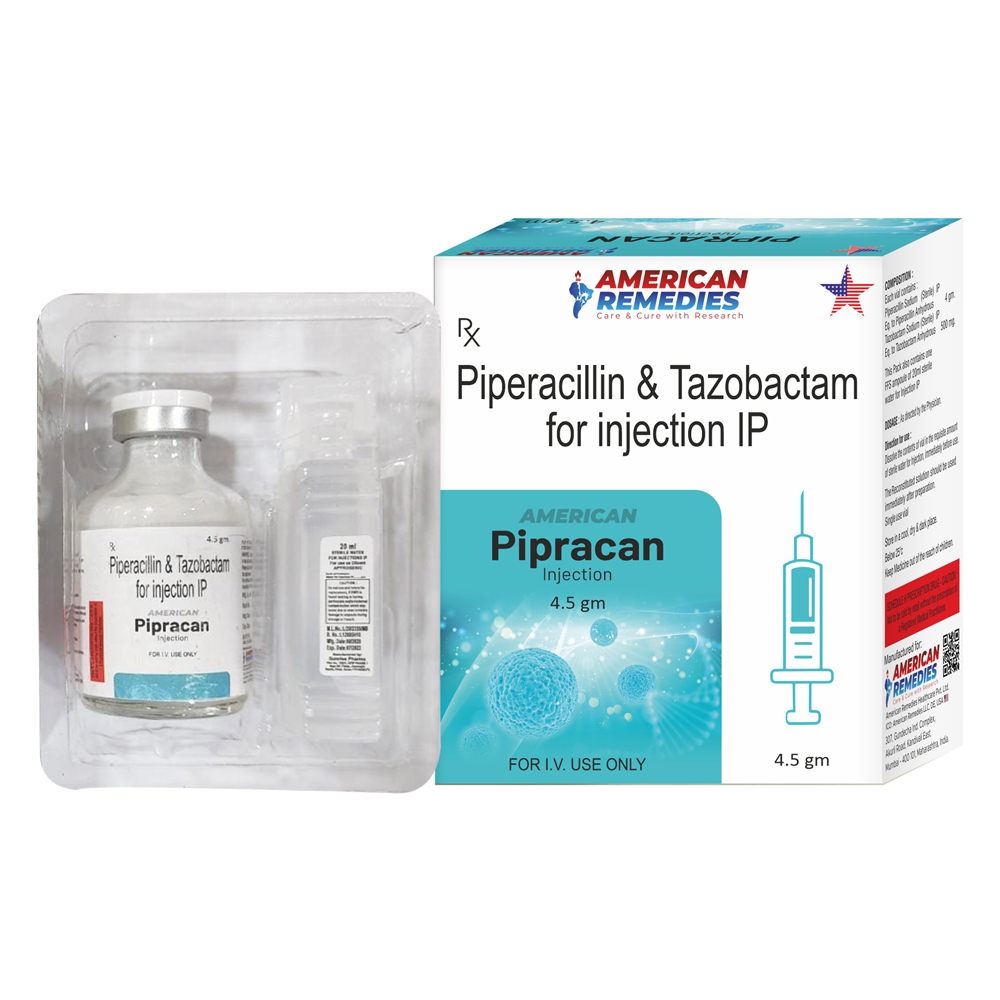General Medicine
Dexacan Injection contains Dexamethasone Sodium Phosphate, a potent corticosteroid used to manage various inflammatory, allergic, and autoimmune conditions. It is typically administered in hospital settings under medical supervision.
________________________________________
🩺 Medical Uses
Dexacan Injection is indicated for:
• Adrenal Insufficiency: To replace deficient corticosteroids in conditions like Addison's disease.
• Severe Allergic Reactions: Including anaphylaxis and angioedema.
• Autoimmune Disorders: Such as rheumatoid arthritis, lupus, and vasculitis.
• Inflammatory Conditions: Including ulcerative colitis, Crohn's disease, and certain skin disorders.
• Neurological Conditions: For managing cerebral edema and certain types of meningitis.
• Endocrine Disorders: As a diagnostic tool in Cushing's syndrome.
• Shock Management: Particularly in cases of septic shock, often as an adjunct to other therapies.
It works by suppressing inflammation and modulating the immune response. This is achieved through its glucocorticoid activity, which reduces the production of inflammatory mediators.
________________________________________
⚙️ Dosage and Administration
Dexacan Injection is administered intravenously (IV) or intramuscularly (IM) by healthcare professionals. The dosage varies based on the specific condition being treated and the patient's response. For instance, in cerebral edema, an initial IV dose of 10 mg may be followed by 4 mg IM every six hours.
________________________________________
⚠️ Precautions and Contraindications
Before using Dexacan Injection, inform your healthcare provider if you have:
• Allergies to dexamethasone or other corticosteroids.
• Infections, as corticosteroids can suppress the immune system.
• Gastrointestinal issues, such as ulcers.
• Cardiovascular diseases, including hypertension.
• Diabetes, as corticosteroids can affect blood sugar levels.
• Osteoporosis or other bone disorders.
Use during pregnancy or breastfeeding should be discussed with a healthcare provider.
________________________________________
💊 Side Effects
Common side effects may include:
• Increased appetite and weight gain.
• Fluid retention and swelling.
• Elevated blood pressure.
• Mood swings or psychological effects.
• Gastrointestinal discomfort.
Long-term use can lead to more serious effects, such as osteoporosis, cataracts, and increased susceptibility to infections.
________________________________________
Send
Message
